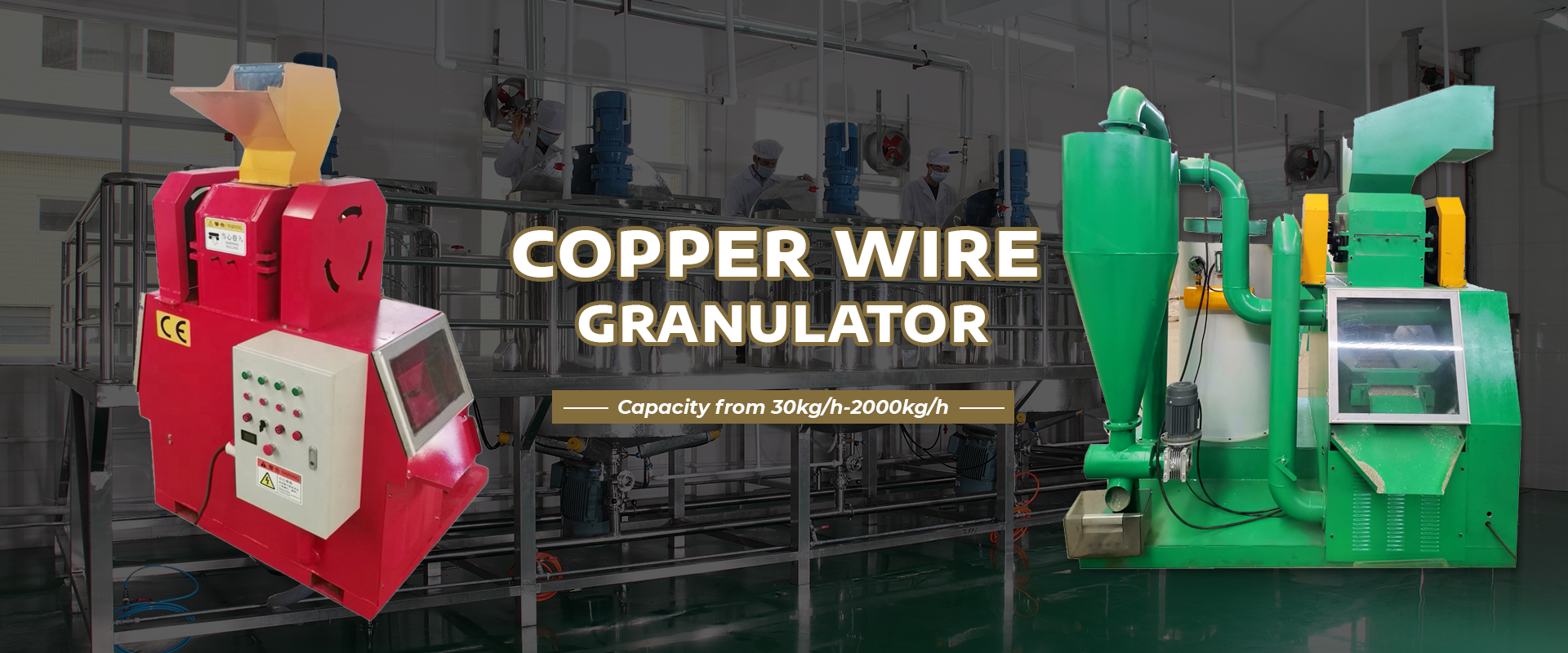

lis . 15, 2024 02:28 Back to list
Understanding Industrial Metal Shredder Machines
Industrial metal shredder machines play a crucial role in the recycling industry, facilitating the efficient processing of scrap metal. These powerful machines are designed to reduce large volumes of metal waste into smaller, more manageable pieces, enabling easier transportation and recycling. Their importance cannot be overstated, as they contribute significantly to resource recovery and environmental protection.
Mechanism of Operation
At the heart of an industrial metal shredder lies a series of rotating blades, which are engineered to grip and tear apart metal objects. The shredding process begins when scrap metal is fed into the machine. The rotating blades work at high speeds, ensuring that various types of metals, such as steel, aluminum, copper, and brass, are effectively shredded. The design of these machines often includes adjustable settings that allow operators to control the size of the shredded metal according to specific requirements.
The shredding process typically involves multiple stages. Initially, larger pieces of metal are broken down into smaller chunks. These chunks are then further processed to achieve a uniform size, ensuring that the end product meets the specifications needed for recycling. After shredding, the metal fragments can be separated from non-metal materials, such as plastics and other contaminants, using an array of advanced sorting technologies.
Benefits of Metal Shredders
Several advantages make industrial metal shredder machines indispensable in modern recycling operations
1. Efficiency These machines can handle a wide variety of metal materials and process them quickly, significantly reducing downtime and increasing throughput in recycling facilities.

2. Cost-Effectiveness By effectively reducing the size of scrap metal, industrial shredders minimize transportation costs. Smaller shredded metal can be packed more densely, making logistics more efficient.
3. Environmental Impact Recycling metals conserves natural resources and reduces energy consumption. By using metal shredders, more scrap metal can be processed and reused, thereby promoting sustainable practices in the industry.
4. Safety Shredding machines enhance workplace safety by reducing the risk associated with handling large, cumbersome pieces of metal. The machines can safely dispose of hazardous materials and minimize manual handling.
Applications
Industrial metal shredders are utilized in various sectors, including automotive recycling, construction, and electronic waste management. In the automotive industry, for example, end-of-life vehicles are processed to recover valuable metals like steel and aluminum. In construction, excess metal materials are recycled effectively, furthering sustainability efforts. Additionally, in the electronics sector, shredder machines help in the recovery of precious metals from circuit boards and other components.
Conclusion
In conclusion, industrial metal shredder machines are vital tools in the recycling landscape. Their ability to efficiently process and recycle scrap metal not only supports the economy but also plays a pivotal role in promoting sustainable practices. As technology continues to advance, the capabilities and efficiencies of these machines will likely improve, further enhancing their significance in the global effort towards a circular economy.
Latest news
Troubleshooting Common Eddy Separator Problems
NewsJul.04,2025
The Role of Metal Recycling Plants in Circular Economy
NewsJul.04,2025
The Impact of Recycling Line Pickers on Waste Management Costs
NewsJul.04,2025
Safety Features Every Metal Shredder Should Have
NewsJul.04,2025
How Industrial Shredders Improve Waste Management Systems
NewsJul.04,2025
How Cable Granulators Contribute to Sustainable Recycling
NewsJul.04,2025